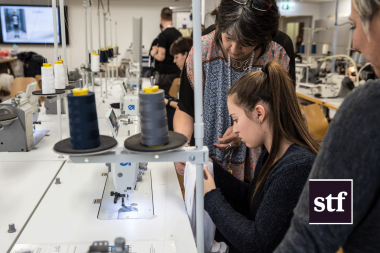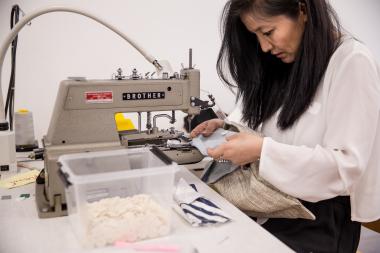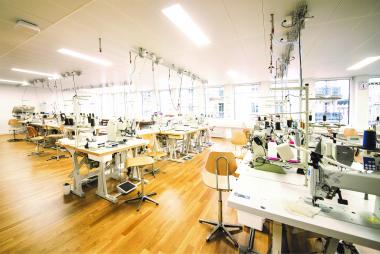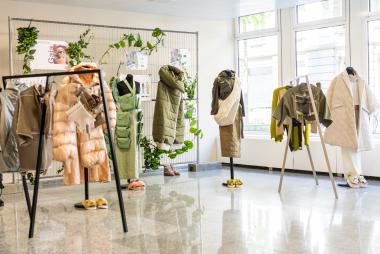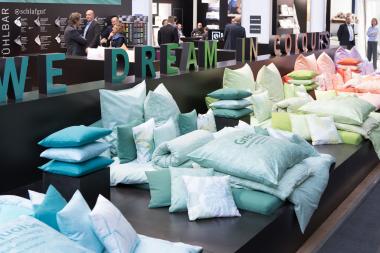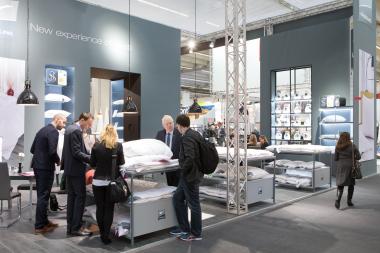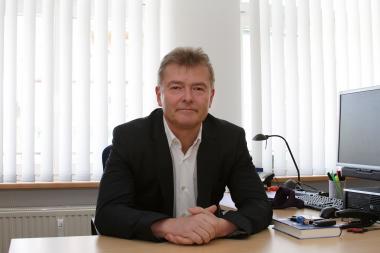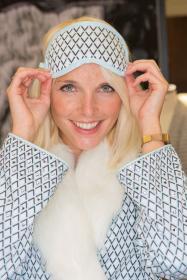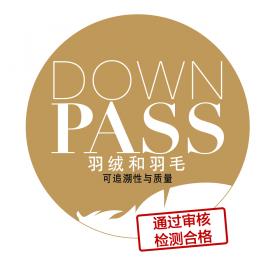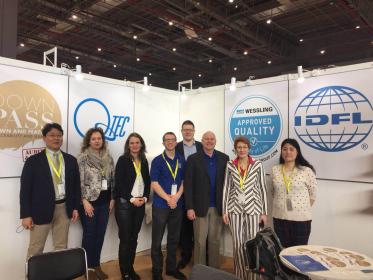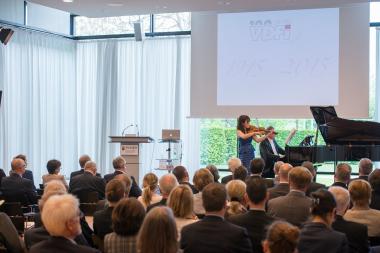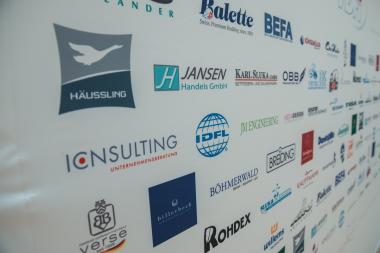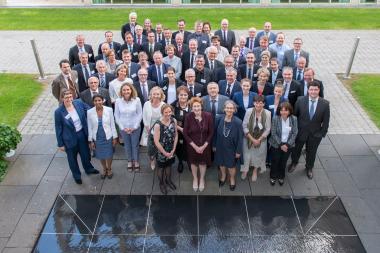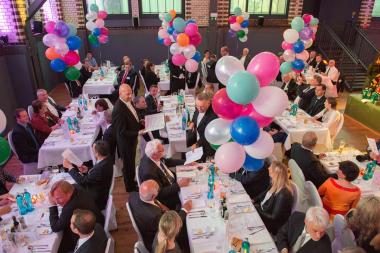The impact of textile production and waste on the environment
- With fast fashion, the quantity of clothes produced and thrown away has boomed.
Fast fashion is the constant provision of new styles at very low prices. To tackle the impact on the environment, the EU wants to reduce textile waste and increase the life cycle and recycling of textiles. This is part of the plan to achieve a circular economy by 2050.
Overconsumption of natural resources
It takes a lot of water to produce textile, plus land to grow cotton and other fibres. It is estimated that the global textile and clothing industry used 79 billion cubic metres of water in 2015, while the needs of the EU's whole economy amounted to 266 billion cubic metres in 2017.
To make a single cotton t-shirt, 2,700 litres of fresh water are required according to estimates, enough to meet one person’s drinking needs for 2.5 years.
The textile sector was the third largest source of water degradation and land use in 2020. In that year, it took on average nine cubic metres of water, 400 square metres of land and 391 kilogrammes (kg) of raw materials to provide clothes and shoes for each EU citizen.
Water pollution
Textile production is estimated to be responsible for about 20% of global clean water pollution from dyeing and finishing products.
Laundering synthetic clothes accounts for 35% of primary microplastics released into the environment. A single laundry load of polyester clothes can discharge 700,000 microplastic fibres that can end up in the food chain.
The majority of microplastics from textiles are released during the first few washes. Fast fashion is based on mass production, low prices and high sales volumes that promotes many first washes.
Washing synthetic products has caused more than 14 million tonnes of microplastics to accumulate on the bottom of the oceans. In addition to this global problem, the pollution generated by garment production has a devastating impact on the health of local people, animals and ecosystems where the factories are located.
Greenhouse gas emissions
The fashion industry is estimated to be responsible for 10% of global carbon emissions – more than international flights and maritime shipping combined.
According to the European Environment Agency, textile purchases in the EU in 2020 generated about 270 kg of CO2 emissions per person. That means textile products consumed in the EU generated greenhouse gas emissions of 121 million tonnes.
Textile waste in landfills and low recycling rates
The way people get rid of unwanted clothes has also changed, with items being thrown away rather than donated. Less than half of used clothes are collected for reuse or recycling, and only 1% of used clothes are recycled into new clothes, since technologies that would enable clothes to be recycled into virgin fibres are only now starting to emerge.
Between 2000 and 2015, clothing production doubled, while the average use of an item of clothing has decreased.
Europeans use nearly 26 kilos of textiles and discard about 11 kilos of them every year. Used clothes can be exported outside the EU, but are mostly (87%) incinerated or landfilled.
The rise of fast fashion has been crucial in the increase in consumption, driven partly by social media and the industry bringing fashion trends to more consumers at a faster pace than in the past.
The new strategies to tackle this issue include developing new business models for clothing rental, designing products in a way that would make re-use and recycling easier (circular fashion), convincing consumers to buy fewer clothes of better quality (slow fashion) and generally steering consumer behaviour towards more sustainable options.
Work in progress: the EU strategy for sustainable and circular textiles
As part of the circular economy action plan, the European Commission presented in March 2022 a new strategy to make textiles more durable, repairable, reusable and recyclable, tackle fast fashion and stimulate innovation within the sector.
The new strategy includes new ecodesign requirements for textiles, clearer information, a Digital Product Passport and calls companies to take responsibility and act to minimise their carbon and environmental footprints
On 1 June 2023, MEPs set out proposals for tougher EU measures to halt the excessive production and consumption of textiles. Parliament’s report calls for textiles to be produced respecting human, social and labour rights, as well as the environment and animal welfare.
Existing EU measures to tackle textile waste
Under the waste directive approved by the Parliament in 2018, EU countries are obliged to collect textiles separately by 2025. The new Commission strategy also includes measures to, tackle the presence of hazardous chemicals, calls producers have to take responsibility for their products along the value chain, including when they become wasteand help consumers to choose sustainable textiles.
The EU has an EU Ecolabel that producers respecting ecological criteria can apply to items, ensuring a limited use of harmful substances and reduced water and air pollution.
The EU has also introduced some measures to mitigate the impact of textile waste on the environment. Horizon 2020 funds Resyntex, a project using chemical recycling, which could provide a circular economy business model for the textile industry.
A more sustainable model of textile production also has the potential to boost the economy. "Europe finds itself in an unprecedented health and economic crisis, revealing the fragility of our global supply chains," said lead MEP Huitema. "Stimulating new innovative business models will in turn create new economic growth and the job opportunities Europe will need to recover."
European Parliament Europe textile waste textile production Recycling water pollution
European Parliament




